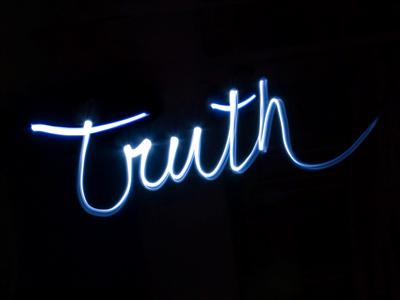One of the interesting things about Science Fiction is the way it straddles that gapping canyon of division in contemporary culture between art and science. Fiction is an art. Science is, of course, science. So what do you get if you make art about science?
(I strongly object to the idea that Science Fiction has to be about science. In that regard it is the worst named genre ever. But undoubtedly some of it IS about science…)
In his documentary about beautiful equations, art critic Matthew Collings explores the ways in which scientists are guided by beauty, and artists search for truth. If there is any such thing as truth (I believe there is) then there should be no doubt that both science and art, as two of humanities greatest traditions of knowledge, have ways of reaching it. But nonetheless, too often when both are raised together the conversation turns to which is the greater. Which seems to me a little like debating whether a candle or a lantern are better ways of illuminating a dark room.
In Science Fiction that argument sometimes arises as a belief that SF does not need to function as art. It does not need to be beautiful, as other kinds of fiction might. Its characters do not require depth. Its prose can lack precision or clarity. It can tell hackneyed stories in the service of new scientific ideas perhaps. Its an argument that fewer people accept today than might have a decade ago, and yet much interesting SF still falls short as fiction.
The physicist Paul Dirac suggested that for an equation to be true, it must be beautiful. In Dirac’s thinking beauty was a way of discerning the truth, as much a part of the scientific process as observation. If Science Fiction is a way of reaching for the truth, then shouldn’t it also be beautiful? Can a work of Science Fiction really have anything true to say, if it fails by the standards of fiction?
But what makes fiction beautiful? For me, the great strength of prose fiction is its ability to step inside the human experience. To explore the internal world that exists inside us all. When Science Fiction is beautiful it is most often because, however strange the external world it explores, its first concern is with the internal experience of that world.
And on less weighty but more serious issues…
The UK Uncut protests seem like the real beginning of the movement against the current economic policy in the UK. I may well join them in the New Year.

I would like to believe there is a truth, but the argument against assuming it is a big one.
We are a lifeform whose window on the universe is small and rather steamed up. If I stand on the roof, I see a lot, but there’s plenty over the horizon I couldn’t even guess at, in terms of landforms, people, languages and cultures. I might say ‘the earth is very familiar; I know it’, but I’d be out by some distance. I couldn’t easily guess how a shark or a snake might perceive the same space, especially if I’d never seen one, the point being that it’s reasonable to believe there’s more in our world than we can find to study. We look out from one point in what seems to be a vast cosmos and do a lot of extrapolating from data, and in this there are issues of interpretation. I’m not arguing there’s not a truth, but rather that our feeling there might be is based on how things have gone so far, which is really not so very far.
To turn to SF, I agree there’s a naming issue. ‘Speculative fiction’ seems to me a good alternative, depsite the fact that literature as a whole is also speculative. To ask if SF ought to be beautiful, is to accept that Dirac is right, or to assume so for the purpose. If mathematics does not reflect an underlying structure of existence, but is only a windblown topsoil, SF might be in the same situation, and then the question becomes less relevant. I would say too that SF must be a fusion of science and art. When only science, it is unlikely to be fiction. Equally, if we removed all of the science, we’d likely have too much disbelief to suspend. Your answer to the question ‘But what makes fiction beautiful?’ is one I agree with.
I’m glad I’ve found your blog, and I hope the conversation on this one runs and runs!
LikeLike
Beauty in mathematics and science is clarity of thought. Often, for equations, this means simplicity, but for Pound and Dirac, accuracy is the important quality.
(I pretty much agree with you.)
LikeLike
It is extremely important to keep science involved in science fiction. While I agree that the name “science fiction” lacks to explain the overall breadth of the genre it is still important to keep science involved inside the writing. Topics of scifi books (while fantasized) need to be understood from a scientific community. I also love this –
Beauty in mathematics and science is clarity of thought.
LikeLike
I’d be interested to know why you think its extremely important Sue. Not because I disagree, but because everyones thinking is different.
LikeLike
The best science fiction has been written by trained scientists?
How did I end up involved in such a silly debate!
LikeLike